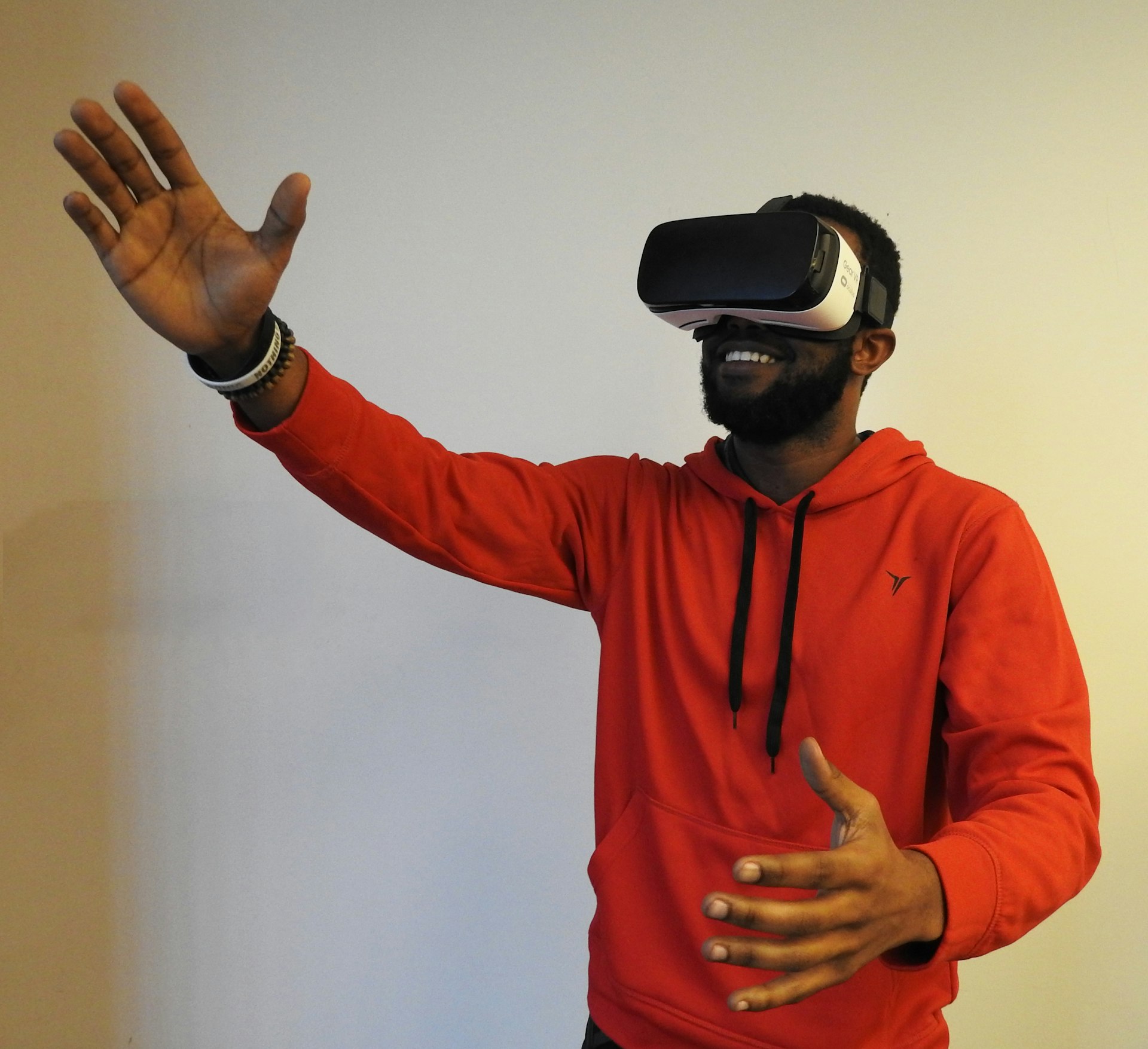How Digital Health Apps Are Transforming Patient Care: Benefits, Challenges, and Access

Photo by Fotos on Unsplash
Introduction
Digital health apps are reshaping the landscape of patient care by offering convenient, accessible, and efficient healthcare solutions for both patients and providers. These mobile applications, commonly referred to as mHealth apps, are designed to serve a range of functions, from appointment scheduling and health monitoring to personalized disease management. As patients increasingly demand more control over their healthcare experiences, digital health apps offer a pathway to improved outcomes and greater satisfaction. This article explores the key roles, practical applications, challenges, and access strategies for digital health apps in patient care, drawing on the latest research and real-world examples.
The Core Benefits of Digital Health Apps in Patient Care
Digital health apps deliver a multitude of advantages that directly impact patient care and outcomes.

Photo by Bermix Studio on Unsplash
1. Enhanced Patient Engagement and Empowerment
One of the most significant roles of digital health apps is to boost patient engagement . By enabling patients to track health metrics, access medical records, and communicate with healthcare providers from home, these apps foster a greater sense of ownership over personal health. According to industry research, mHealth technology empowers patients to understand and manage their conditions, leading to improved adherence to treatment plans and healthier lifestyle choices. For example, patients managing chronic diseases such as diabetes can use apps to log glucose levels, receive medication reminders, and share data with their care teams [1] .
To engage with these tools, patients can:
- Ask their healthcare provider about recommended apps for their condition.
- Search official app stores using terms like “diabetes management app” or “hypertension tracker.”
- Review app privacy policies and user ratings for quality assurance.
2. Streamlined Communication and Administrative Efficiency
Digital health apps significantly reduce administrative burdens for both patients and providers by automating routine tasks such as appointment scheduling, prescription refills, and secure messaging. This automation allows care teams to focus more on patient interactions rather than paperwork. For example, integrated communication platforms within patient portals enable direct and timely updates on lab results, prescription needs, and health alerts [3] . Patients interested in these features should consult with their provider or local health system to learn which portals are available and how to register.
3. Improved Diagnostic Accuracy and Clinical Decision Support
Many digital health apps are equipped with intelligent diagnostic tools that help minimize errors. These platforms offer real-time access to clinical guidelines, drug interaction checkers, and symptom assessment tools, improving the accuracy of diagnoses and patient safety. For example, apps with predictive analytics can alert both patients and providers to potential complications, medication conflicts, or urgent symptoms [2] . Healthcare organizations typically vet and recommend such apps, so patients can request recommendations during appointments or check reputable medical organizations for guidance.
4. Personalized Care and Tailored Treatment Plans
By consolidating medical history, lab results, and patient-reported symptoms, digital health apps enable providers to deliver tailored treatment plans . This individualization is particularly valuable for patients with complex or chronic conditions, as it supports ongoing monitoring and timely intervention. For example, cancer survivors may use symptom-tracking apps to report side effects, allowing clinicians to adjust treatment remotely [2] . To access these services, patients can:
- Enroll in patient portals offered by their provider or healthcare network.
- Look for apps that integrate with their electronic health record (EHR) system.
- Request training or support from healthcare staff to maximize app usage.
5. Broadening Access to Healthcare Services
Digital health apps play a critical role in expanding access to care, especially for individuals in remote or underserved areas. By offering telemedicine, virtual consultations, and self-management resources, these tools reduce the need for frequent in-person visits and make healthcare more inclusive [5] . For instance, behavioral health apps can deliver cognitive behavioral therapy (CBT) modules to patients with mental health needs, while symptom checkers can guide users on when to seek emergency care. To utilize these features, patients should:
- Check with their insurance provider or healthcare system to see which telehealth services are covered.
- Search for apps developed or endorsed by reputable medical organizations or academic health centers.
- Read user reviews and confirm apps meet security and privacy standards.
Security, Privacy, and Data Management
As digital health apps handle sensitive medical data, security and privacy are top concerns. Modern mHealth platforms use encryption, secure authentication, and compliance with healthcare regulations (such as HIPAA in the U.S.) to protect patient information [1] . Patients should always:
- Review the app’s privacy policy for information on data storage and sharing.
- Enable two-factor authentication when available.
- Use strong passwords and update them regularly.
- Contact the app developer or their healthcare provider with any data security concerns.
Real-World Case Studies and Applications
Numerous real-world examples demonstrate the impact of digital health apps :
- A large health system implemented a mobile app for appointment scheduling and prescription management, resulting in a 30% decrease in missed appointments and improved patient satisfaction scores [3] .
- Patients with mild diabetes used a behavior change app to track medication adherence and lifestyle changes, leading to measurable reductions in HbA1c and better overall outcomes [5] .
- Medical students and professionals cite the convenience of instant access to reference materials, guidelines, and drug databases, allowing for quicker clinical decisions and reduced errors [4] .
Potential Challenges and Solutions
While digital health apps offer many advantages, there are practical challenges that patients and providers should consider:
- Digital literacy: Some patients may require support in learning to use new apps. Providers can offer step-by-step guides, video tutorials, or in-person assistance.
- Data security: Patients should verify that any app they use complies with established privacy standards and avoid sharing personal information with unverified platforms.
- Device compatibility: Not all apps function on every smartphone or operating system. Patients should check app requirements before downloading.
- Cost and access: While many digital health apps are free, some premium features or telehealth services may involve costs. Patients can ask their provider or insurer about covered digital health services and explore free alternatives.
How to Access Digital Health Apps and Services
Accessing digital health apps typically involves the following steps:
- Consult with your healthcare provider to identify recommended or required apps for your condition.
- Search official app stores (Apple App Store, Google Play) using condition-specific keywords (e.g., “blood pressure monitor app”).
- Review app descriptions, user ratings, and privacy practices.
- Download and install the app, then register using secure login credentials.
- Link your account to your healthcare provider or electronic health record if applicable.
- Contact the app’s customer support or your provider for troubleshooting or training resources.
For patients seeking verified digital health resources, it is often best to begin with recommendations from major healthcare systems, medical societies, or government health agencies. If you are unsure about an app’s legitimacy, ask your provider or search for reviews from reputable sources such as academic medical centers or national health organizations.
Conclusion
Digital health apps are rapidly becoming integral to modern patient care, offering enhanced engagement, streamlined communication, personalized treatment, and broader access to health services. While challenges such as digital literacy and data security persist, patients can maximize the benefits by working closely with their healthcare teams and choosing reputable platforms. As technology continues to advance, digital health apps will play an even greater role in improving outcomes and patient satisfaction.
References
- [1] OSPLabs (2023). mHealth Apps: Uses, Benefits and Current Trends.
- [2] Calibraint (2023). Top 10 Transformative Benefits Of Mobile Apps In Healthcare.
- [3] RXNT (2023). Why 55% of Patients Prefer Using Mobile Apps for Healthcare.
- [4] Ventola CL (2014). Mobile Devices and Apps for Health Care Professionals.
- [5] Rowland SP (2020). What is the clinical value of mHealth for patients?
MORE FROM cheerdeal.com













